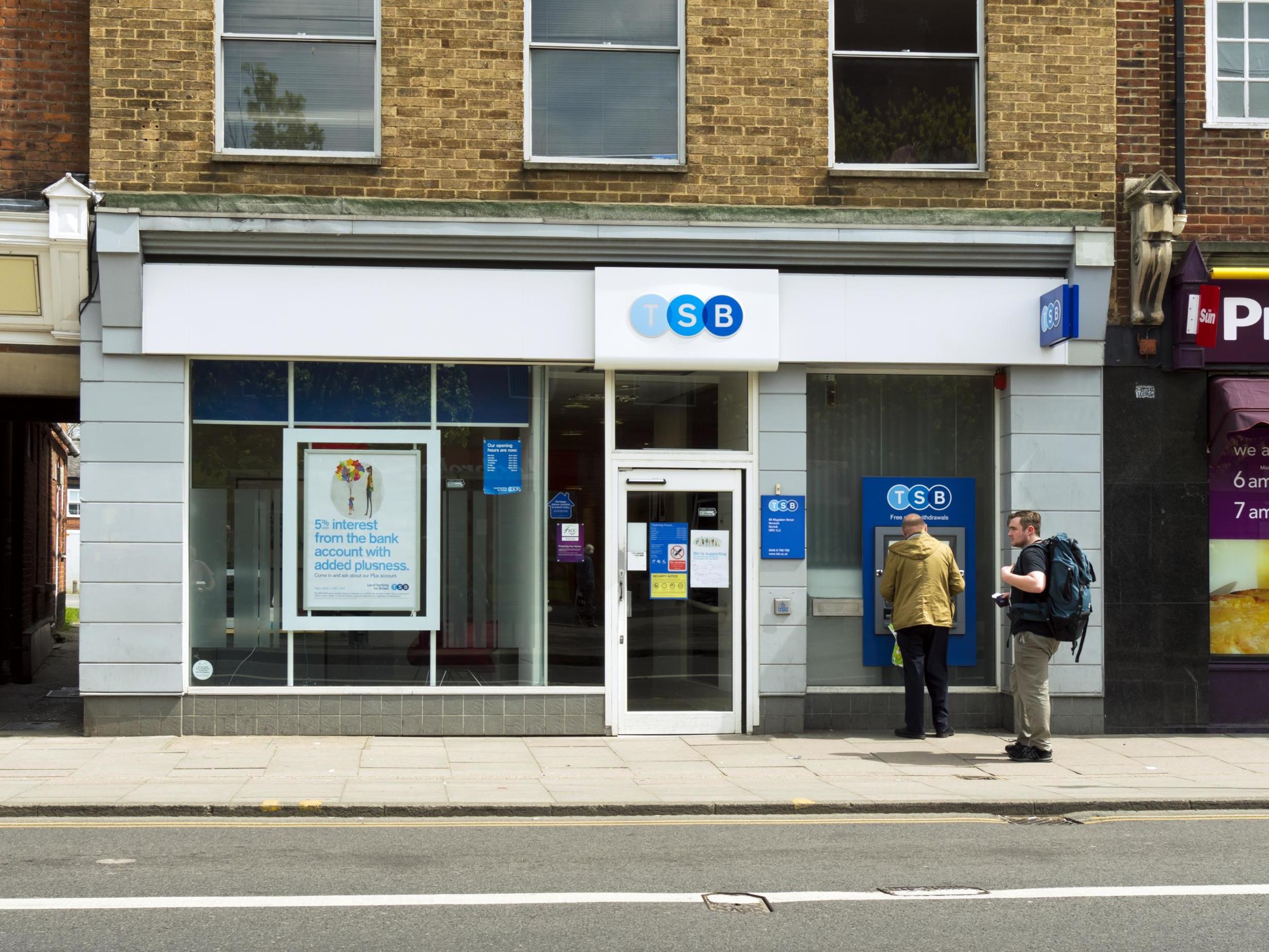Banking scandals continued throughout 2018. It simply isn’t good enough
The industry is still playing the same sorry song. Its executives pocket their bonuses, while its customers get kicked in a painful place

The year 2018 saw the 10th anniversary of the financial crisis, the effects of which we are still living with. Given the succession of scandals, cock-ups and general awfulness we were again treated to, it isn’t any wonder that people were left asking whether anything has really changed.
The year was capped last week by the results of a review by the Financial Conduct Authority into overdraft charges in which it finally said that, yes, banks have been ripping people off in a quite unconscionable manner through the charges they impose.
They’ve managed to make even payday lenders look good. A cap is coming, and that’s a thoroughly good thing.
At the beginning of the year, the watchdog finally published its unredacted report into the treatment of small businesses by Royal Bank of Scotland’s global restructuring group, into the hands of which were placed financially distressed borrowers. Escaping proved to be a tough job.
The report found widespread “inappropriate treatment of customers” and said bosses chased profits at the expense of them.
In July the watchdog decided that it could take no further action because small business lending was not regulated, but Neil Mitchell, former chief executive of software company Torex Retail and one of the bank’s persistent critics, has applied for a judicial review into that.
Elsewhere, Lloyds reached a settlement with a whistleblower who had tried to alert her bosses to a massive fraud taking place at HBOS, which subsequently become part of Lloyds, in Reading, only to be treated dreadfully.
The compensation scheme set up for victims in the wake of the conviction of the perpetrators is being administered by – you got it – Lloyds, and it’s already creating a fuss that is likely to continue into the new year.
In May, Barclays CEO Jes Staley was fined more than £600,000 by the FCA and the Prudential Regulation Authority over his attempt to unmask a whistleblower at the bank. Barclays was made subject to special requirements, including making an annual report to regulators into the handling of whistleblowers.
Amid the fallout from the crisis, the then-government said it wanted to see some competition injected into the moribund retail banking market. It was hoped that this might encourage better outcomes for consumers.
TSB was supposed to be in the vanguard of that after it was spun off from Lloyds, a requirement of EU regulators because of the state aid Lloyds received during the crisis.
It started out well. But its status as an effective challenger to the existing order that could do things better was called into grave question. The reason for this was the disastrous transfer of its IT systems from a platform provided by Lloyds to one set up by Sabadell, the Spanish bank that took it over. Customers were left spitting tacks after getting locked out of their accounts. The bank compounded the problem with its dismal communications.
The performance of the now departed CEO Paul Pester in front of MPs on the Treasury Committee was frankly risible. He had the gall to say people should switch their accounts over to his bank.
It was the worst of several such outages, which served to expose the industry’s poor handling of, and lack of investment in, IT.
Meanwhile banks continued to pay billions of dollars over to US watchdogs for flogging the dodgy mortgages that were a major cause of the crisis, and billions of pounds to UK consumers mis-sold payment protection insurance.
These are just a selection of the sorry stories that ran through the year. But where am I going with this?
In 2015 the FCA canned a thematic review into banking culture that its former boss Martin Wheatley had been keen to pursue.
The decision sparked outrage from consumer groups, campaigners and opposition politicians.
Small wonder. Looking at the scandals I’ve just highlighted – and remember I’ve only included the lowlights – it’s not hard to see why.
The industry is still playing the same sorry song. Its executives pocket their bonuses, while its customers get kicked in a painful place.
It simply isn’t good enough.
Join our commenting forum
Join thought-provoking conversations, follow other Independent readers and see their replies
Comments
Bookmark popover
Removed from bookmarks